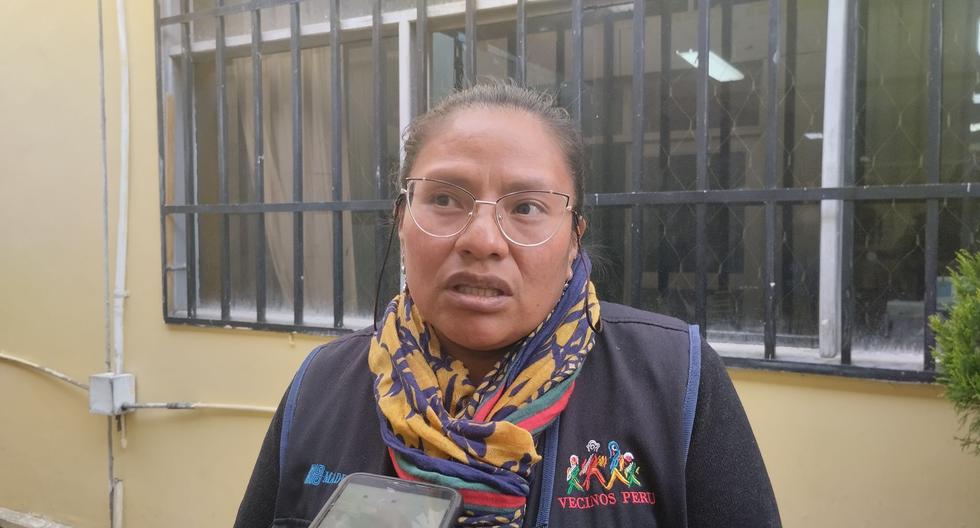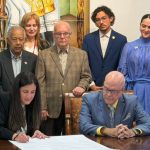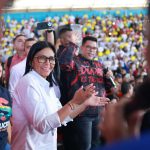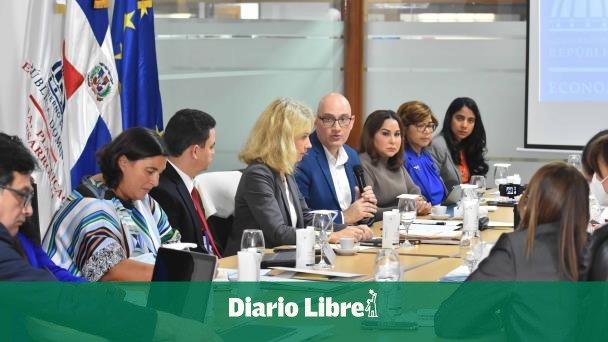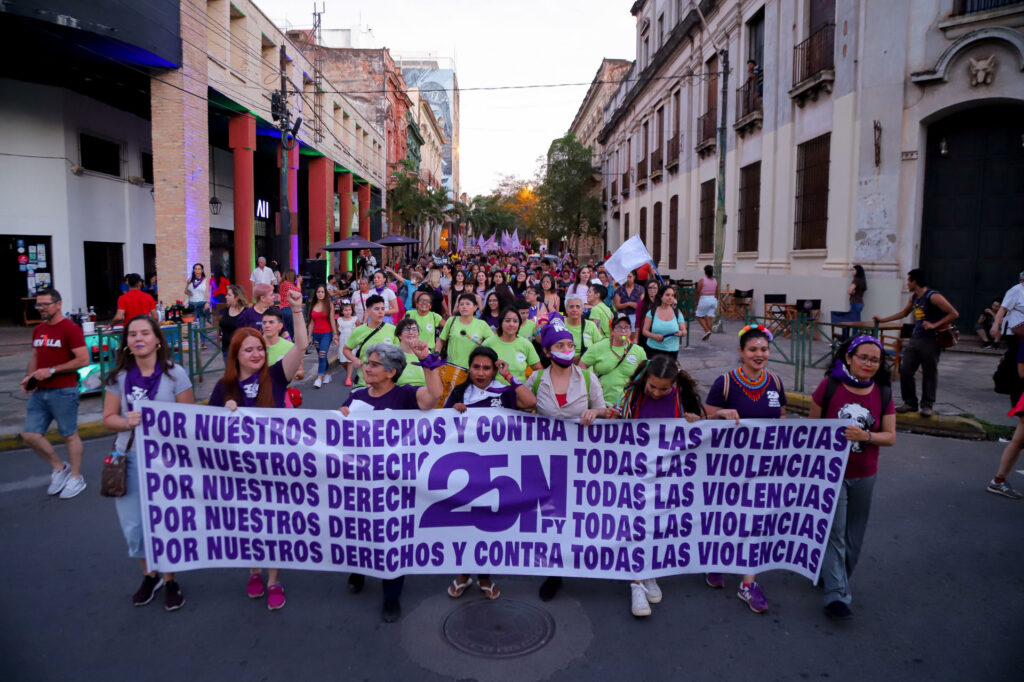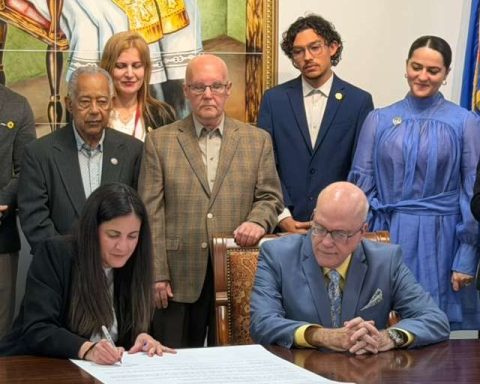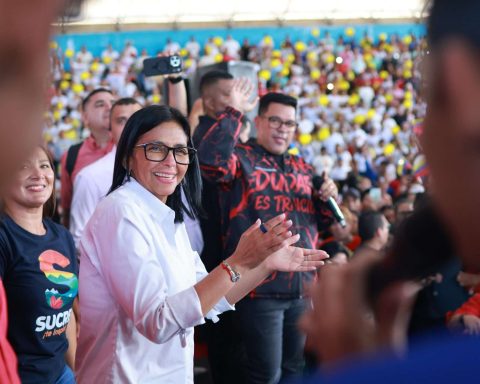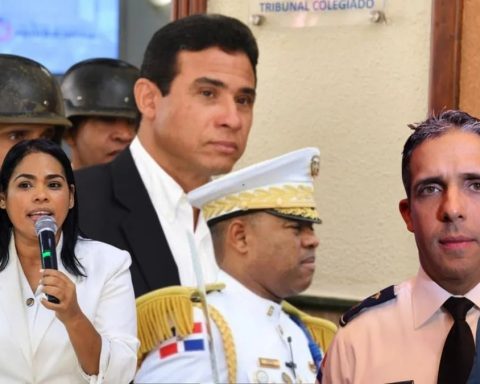A rejection of the lack of women elected as regional councilors expressed Clorinda Montes Pari, coordinator of the Mujeres Empoderadas project, of the NGO Vecinos Perú.
Approached by Correo Huancavelica, she stated that, when reviewing the official documents of the electoral result, and they did not see regional councilors, she regretted this situation.
YOU CAN ALSO SEE: Not a woman was elected as a regional councilor in Huancavelica
“This is very unfortunate, in the sense that we already had representation difficulties in previous administrations and this is going to be an important deficiency that reiterates that fundamental corrections must be made in the electoral framework,” said Montes Pari.
When asked why the alternation law (which implies placing men and women alternately on the electoral lists) did not work in this case, she replied:
“In the case of the regional level, I understand that the process of applying the quotas has been different, however, that affected the character of representation, for the municipal lists, since the dynamics are different, we do perceive that the application of the The parity and alternation law has had an impact on a fairly equal result, but that did not happen in the region”.
YOU CAN ALSO SEE: Violence against women is still a serious problem in Huancavelica
He delimited: “We have recommended that substantive modifications be made in electoral matters, because these patches that even arose in the middle of the initiated process, meant shortcomings, we ask that a substantive, not partial, electoral reform be made, the application of parity and alternation It would necessarily have to be for the process as well as for the result”.
UNREPRESENTED. Now, four years are coming in which women will not have representation in the Regional Council.
YOU CAN ALSO SEE: Subject attacks his partner with a knife in Huancavelica
“In representative terms it is a setback, but, in terms of the agenda, we perceive that there is a better mobilization of the bases,” he explained.
